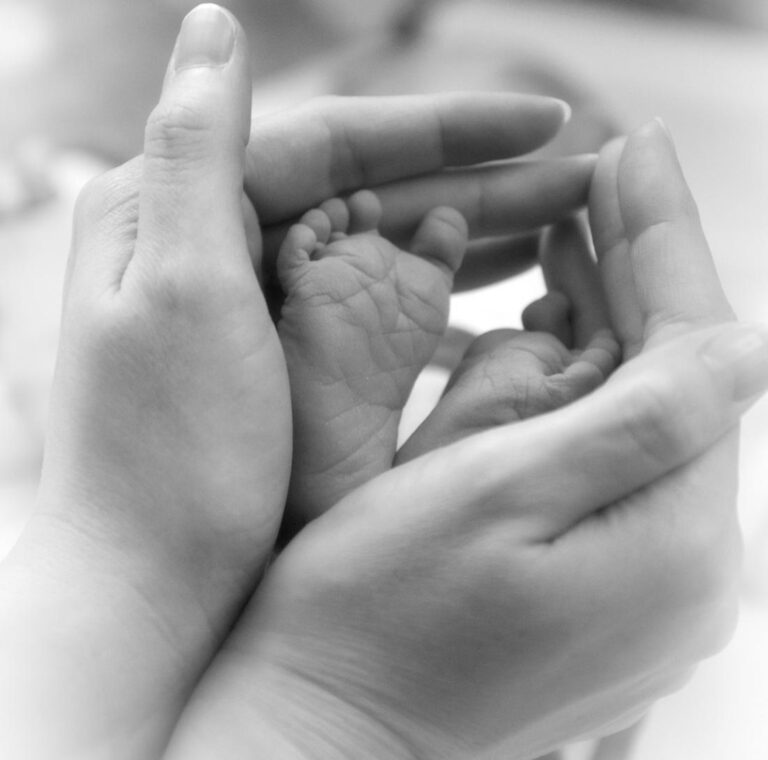Every woman’s labor is unique, even from one pregnancy to the next. Being aware of what to expect can help you to have an enjoyable and safe pregnancy. On average, a full-term pregnancy lasts 40-weeks, and during this time, monitoring your health can establish wellness for you and your baby early on.
Pregnancy Milestones
From the first to the third trimester, you can know what your baby is experiencing while in the womb. In the first trimester (1 to 12 week period), a fetus begins developing their brain, spinal cord, and organs. During the second trimester of pregnancy (weeks 13 to 27), you’ll probably start to feel your baby move inside of your uterus. During the third trimester (weeks 28 to 40), you may feel more tired, and your weight gain will accelerate. Your baby’s bones are now formed, and they can sense light as well as open and close their eyes. Of course, every pregnancy is different, but developments will most likely occur within this general time frame.
Exercise to Prepare for Labor
Exercise is vital for keeping you fit, relaxed, and ready for labor. You may need to adapt your current fitness routine to accommodate your changing body and lower energy levels.
Yoga-like stretches will help you stay limber. However, it’s important not to overdo your stretches, as you could risk injury. Some other good exercises are gentle pilates, swimming, and walking. Work with your provider or a personal trainer to ensure that you aren’t overexerting yourself. You can get more ideas for staying fit during your first trimester. Make an appointment with the best Gwinnett OBGYN obstetrical care today.
7 Signs of Pre-Labor
What is labor? How will it feel? How can I be ready? Are prenatal infections common?
Every birth is different — knowing what labor and pre-labor are will help you prepare to meet your baby. Labor starts with contractions of the uterus and ends with the delivery of a baby; it is the process of childbirth. Like most expecting mothers, as your pregnancy nears the end, you’ll be anticipating signs of pre-labor. Pre-labor is considered one hour to a full month or more before labor.
- Your Baby “Drops”If you’re a first-time mom, the baby starts to drop or descend into your pelvis. This generally happens a few weeks before labor or two to four weeks before your delivery date, but it can vary. In subsequent births, the baby doesn’t “drop” until you’re truly in labor — your baby “drops” to position into exiting, ideally with the head down and low.
- Your Cervix DilatesThe cervix starts to dilate (open) and efface (thin out) in preparation for birth in the days or weeks before delivery. Your obstetrician may measure or track dilation and effacement during your weekly check-ups. But be aware everyone progresses differently, so don’t be discouraged if you’re dilating slowly or not at all.
- You’ll Feel More Cramps and Increased Back PainIn particular, if this isn’t your first pregnancy, cramps, and pain in your lower back and groin will increase as labor nears. Cramps and pains come from your muscles and joints shifting and stretching in preparation for birth.
- Your Joints Feel LooserBefore labor, the joints all over your body will feel less tight and more relaxed. Throughout your pregnancy, your ligaments were loosened by this same hormone called relaxin. This is nature’s way of opening your pelvis for the delivery stage.
- You’ll Have DiarrheaAll the muscles throughout your body begin to relax, including those in the rectum. This can lead to diarrhea, which is entirely normal. A symptom meant to prepare the female body for birth.
- You Stop Gaining WeightAt the end of your pregnancy, you might begin losing weight. This is completely normal and won’t affect the baby’s weight. This weight loss may be due to lower levels of amniotic fluid, more bathroom breaks, and increased physical activity.
- You Feel Extra TiredA good night’s sleep can become harder to get during the last days or weeks of pregnancy. Naps during the day are encouraged during this period. However, some women get bursts of energy as the end of pregnancy draws near. This is also ok, but be careful not to overexert yourself. Especially, in 2020, learn the facts about Coronavirus and pregnancy.
Natural Ways to Help Induce Labor
If you’re in full-term and hoping to induce labor, some natural tricks are walking, sex, spicy food, and acupuncture. Although there is no scientific research to back up any of these methods, so be sure to talk to your doctor first before trying to prompt early delivery.

